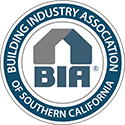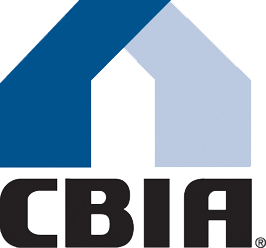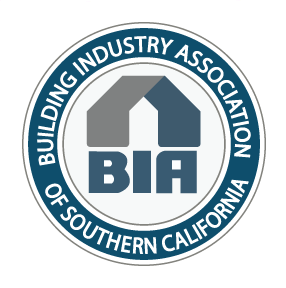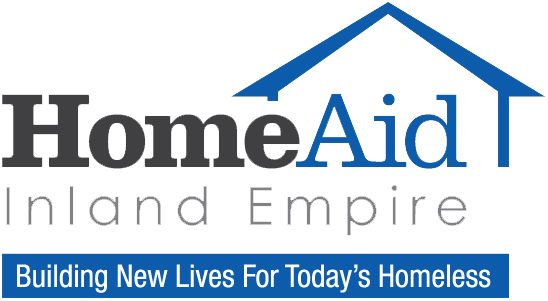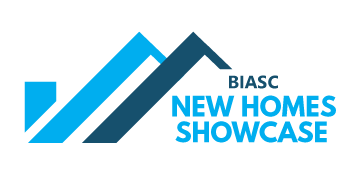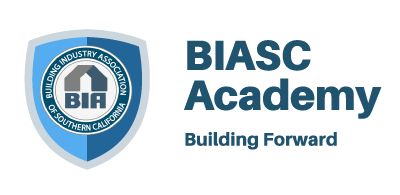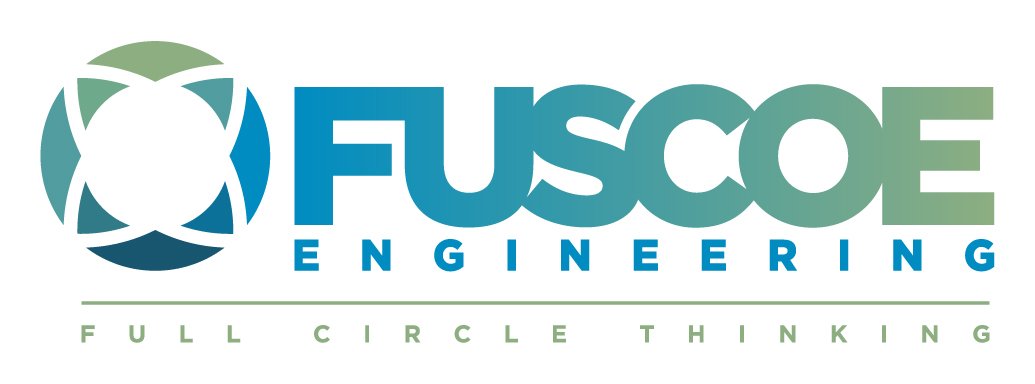Photo by Helloquence on Unsplash
by Phillip B. Burum, DR Horton,
President, Building Industry Association (BIA) Baldy View Chapter
During the quiet moments of contemplation focused on homeownership, not many will include homeowners insurance benefits as part of that internal dialog. Defining the parameters of a homeowners policy, shopping it with various agents and firms, and understanding the limits and benefits of a homeowner’s insurance policy, however, can be as important as the decision of which home to buy or which lender to choose for your home’s financing needs. As important as understanding a residential insurance policy is for all homeowners, it is especially important for homebuyers seeking to own a condominium.
Because there are key differences between homeowner’s and condo coverage, taking out a condo insurance policy will require consultation with a knowledgeable insurance agent or broker. That is why most important first step for a new condo or townhome owner will be to contact their current insurance agent. If their current agent doesn’t specialize in Condo Insurance, owners should ask for a referral for a trusted broker or agent who does.
Condo owners generally have two separate policies to protect their investments. The Personal Homeowners Policy provides coverage for personal possessions and structural improvements to the unit. This policy provides additional living expenses if the owner is a victim of fire, theft or other disaster listed in the policy and includes liability protection. The second is the Master Policy provided by the condo or co-op board. This policy covers the common areas owners share with others in the building such as the roof, basement, elevator, boiler and walkways for both liability and physical damage.
Coverage of these policies vary greatly with some condo associations covering the individual condo or co-op units as they were originally built, including standard fixtures. Other policies may not cover appliances or other building appurtenances.
One path to the best possible condo owner’s policy is for the buyer to consult with the same insurer that underwrites their building’s insurance policy as this may result in an additional reduction in premiums. This may also be the best way to ensure there are no gaps in the coverage. The holder of the association policy will be best equipped to confirm for you what an individual policy should cover.
Owners should also inquire about: any available discounts, rate reductions by raising deductibles or installing smoke and fire alarm systems that alert an outside service. The California Department of Insurance (CDI) offers a wealth of information regarding homeowner’s coverage at its www.insurance.ca.gov website and a consumer hotline staffed by insurance experts at 1-800-927-4357.
When conducting a review of options, owners should inquire about the following additional coverages:
Unit assessment - This reimburses owners for their share of an assessment charged to all unit owners as a result of a covered loss. For instance, if there is a fire in the lobby, all the unit owners are charged the cost of repairing the loss.
Water back-up - This insures the property for damage by the back-up of sewers or drains. Water back-up may not always be included in a policy. Check to see that it is included.
Umbrella liability - This is an inexpensive way to get more liability protection and broader coverage than is included in a standard condo/co-op policy.
Flood or earthquake policies - Owners will need to purchase separate flood and earthquake policies. Flood insurance is available through FEMA's National Flood Insurance Program at www.floodsmart.gov.
Floaters or endorsements – for owners of expensive jewelry, furs or collectibles, additional coverage is available since there is generally a limit for theft of jewelry on a standard policy. Art, antiques or expensive musical instruments should be professionally appraised and accurately insured.
Multi-family housing opportunities offer great starting points for homeownership and provide excellent alternatives to single family homes. Expense and lifestyle may drive this decision for you but, if you choose to go down the path of condo living, pay attention to the details regarding insurance. The possibility that the unexpected will happen cannot be quantified, it can only be hedged against. Proper insurance coverage is how a homeowner mitigates the unknowns and unexpected events in life.
As with any major decision, take the time to understand the details. Having proper coverage is not something that should be assumed, it is something that should be known, without room for wonder or worry.
*****
